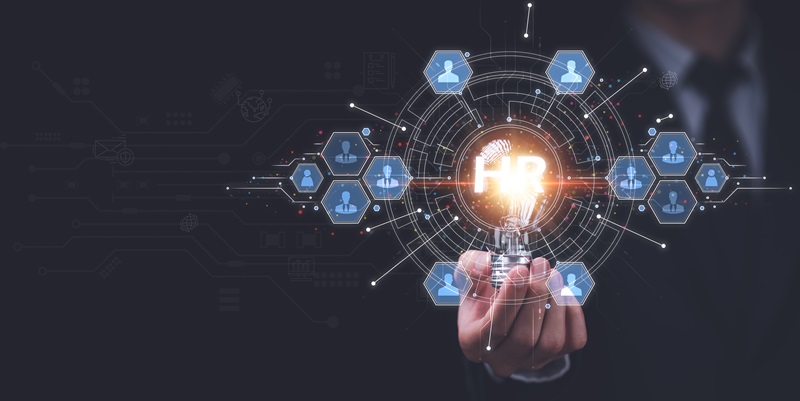In the rapidly changing landscape of Human Resources (HR), the integration of artificial intelligence (AI), pay equity, and employee wellbeing stands as a transformative force for 2025. The ongoing evolution in the work environment, particularly driven by AI and remote work, has set the stage for significant changes in HR practices. Companies are increasingly adopting AI-driven strategies to enhance efficiency, ensure equitable pay structures, and focus on employee wellbeing. These trends are not only redefining how HR operates but are also reshaping the dynamics between employers and employees. As organizations navigate these changes, regulatory adjustments and technological advancements will play a crucial role in shaping the future of HR.
One of the key developments in the HR sector involves the extensive integration of AI, which is being used to streamline processes, improve decision-making, and foster a more data-driven approach to managing human resources. From talent acquisition to performance evaluations, AI algorithms can analyze vast amounts of data to identify patterns and make recommendations. This not only enhances productivity but also helps in identifying and addressing disparities in pay and opportunities. Moreover, AI-driven tools are being employed to monitor employee wellbeing, offering insights that can be used to create a more supportive and inclusive workplace environment. The use of AI in HR thus promises to bring about a more equitable and efficient system.
Emerging Trends in HR and Their Impact
The integration of artificial intelligence (AI), pay equity, and employee wellbeing emerges as a transformative force for 2025. The shift driven by AI and remote work is revolutionizing HR practices. Companies are increasingly leveraging AI to boost efficiency, ensure fair pay structures, and prioritize employee welfare. These trends are redefining HR operations and altering employer-employee relationships. As companies adapt, regulatory updates and technological innovations will be pivotal in shaping the future of HR.
A major development in HR is the extensive use of AI, streamlining processes, enhancing decision-making, and adopting a data-driven approach to HR management. From hiring to performance reviews, AI algorithms analyze vast data to identify patterns and make recommendations. This not only boosts productivity but also helps address pay and opportunity disparities. Additionally, AI tools are used to monitor employee wellbeing, providing insights to create a more supportive and inclusive work environment. The integration of AI in HR promises a more equitable and efficient system, ensuring a better future for the workforce.

